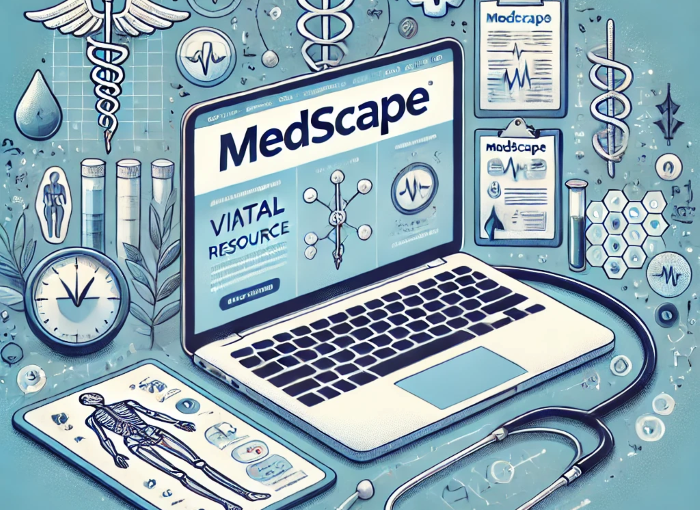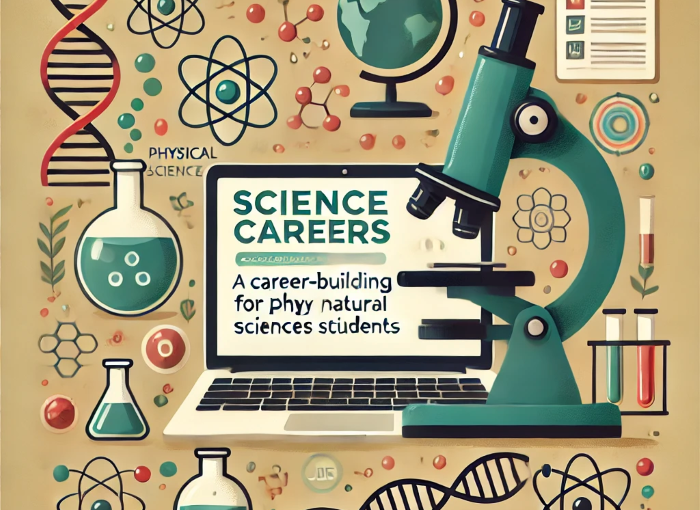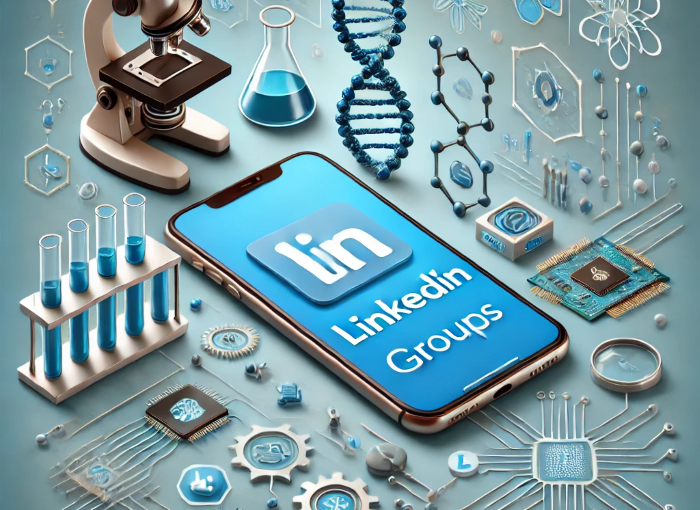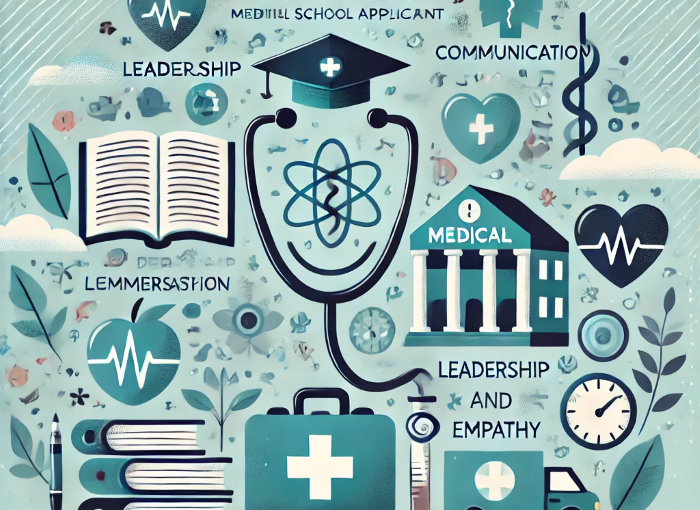Medscape is one of the leading online platforms for healthcare information, offering comprehensive resources tailored to medical professionals, including doctors, nurses, and allied health practitioners. For pre-med students, Medscape serves as a powerful tool to access in-depth medical knowledge, current clinical research, career guidance, and insights into the healthcare industry. The platform’s resources are designed to provide a foundational understanding of real-world medical practices, making it invaluable for pre-med students eager to learn about the field before entering medical school.
Why Medscape is Essential for Pre-Med Students
1. Access to Current Medical News and Research
Staying informed about medical advancements and clinical research is essential for anyone considering a career in medicine. Medscape offers up-to-date news on healthcare innovations, new treatments, emerging diseases, and changes in medical protocols. Pre-med students can read about developments in fields such as oncology, cardiology, neurology, and public health, gaining insight into the issues impacting patient care and the healthcare system. This knowledge not only helps students in their studies but also builds awareness of the topics they’ll explore more deeply in medical school.
2. Understanding Various Medical Specialties
With dozens of specialty-specific sections, Medscape allows students to explore a wide range of medical fields, including surgery, emergency medicine, pediatrics, and psychiatry. Each specialty page provides case studies, treatment guidelines, diagnostic tips, and practice updates that reflect real-world clinical decision-making. For pre-med students uncertain about which specialty to pursue, Medscape offers an excellent introduction to the responsibilities, challenges, and unique knowledge required in different areas of medicine. This exposure is particularly valuable for students who want to enter medical school with a clearer sense of their interests.
3. In-Depth Case Studies and Clinical Insights
Medscape includes a range of case studies across medical disciplines, allowing students to dive into real-life scenarios encountered by healthcare providers. These case studies often present patient symptoms, examination findings, diagnostic tests, and treatment options, offering a step-by-step view of medical reasoning. By examining these cases, pre-med students can familiarize themselves with clinical terms and concepts while practicing critical thinking skills. Understanding how doctors approach differential diagnoses, order tests, and choose treatment plans provides a practical context for the medical knowledge students will study in school.
4. Career Guidance and Residency Insights
For students preparing for medical school, Medscape provides an entire section dedicated to career planning and residency guidance. Articles on topics such as choosing a specialty, preparing for the residency match process, and managing stress during medical training offer practical insights for navigating a medical career path. For pre-med students, learning about residency options, requirements, and success tips early on can help them build a strategic approach to their medical school journey. This information also helps students understand the commitment and rigor involved in a medical career, equipping them to make informed choices.
5. Medical Education and Continuing Education Modules
Although Medscape primarily serves practicing professionals, its library of medical education modules and quizzes is available to all users. These interactive resources allow pre-med students to test their knowledge and engage with material similar to what they’ll encounter in medical school. Quizzes on topics such as anatomy, pharmacology, and medical ethics provide a chance for students to review and apply their learning, reinforcing key concepts and improving retention.
6. Insight into Healthcare Ethics and Patient Interaction
Understanding ethical issues in medicine is crucial for all future doctors. Medscape publishes regular content on topics like patient consent, doctor-patient communication, and the ethical dilemmas encountered in clinical practice. These articles highlight the importance of compassionate care and ethical standards, helping pre-med students build a patient-centered mindset. Learning about these issues before medical school can prepare students to engage thoughtfully with ethical considerations when they begin interacting with patients in clinical settings.
7. Free Registration and Mobile Accessibility
One of the advantages of Medscape is that registration is free, making it accessible to all pre-med students. The platform is available as a website and mobile app, allowing students to browse articles, watch videos, and take quizzes from anywhere. The mobile app, in particular, is a convenient option for students to explore medical knowledge on the go or in between study sessions. By making Medscape part of their daily routine, pre-med students can gradually build their medical knowledge base over time.
How to Get Started with Medscape
Creating an account on Medscape is simple. Students can register for free on the website or through the mobile app by entering their email and basic details. After registration, students gain access to thousands of articles, case studies, and interactive resources, all at their fingertips. With its intuitive design and tailored content, Medscape makes it easy to find information on specific medical topics or browse general areas of interest.
Conclusion
For pre-med students, Medscape represents an invaluable resource that combines educational content, clinical insights, and career guidance in a single, accessible platform. The knowledge gained from Medscape not only prepares students for medical school but also gives them a glimpse into the day-to-day realities of patient care and medical decision-making. Whether exploring specialties, staying informed on medical advancements, or engaging with case studies, Medscape equips pre-med students with a solid foundation to begin their journey in the medical field.
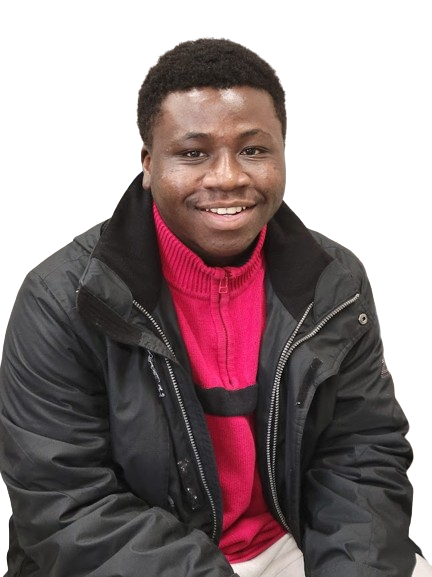
Dennis Boakye ’26 is a junior with a major in Neuroscience and a minor in Mathematics. He is also a co-president of the Neurolawrence Club and the Synthetic Biology Club and the treasurer for the American Medical Student Association (AMSA, Lawrence Chapter) and the Black Student Union (BSU). Dennis is the current career peer educator for the Health and Medicinal Professions (HMP) and the Physical and Natural Sciences (PHN) career communities at Lawrence University. Connect with Dennis on LinkedIn.
